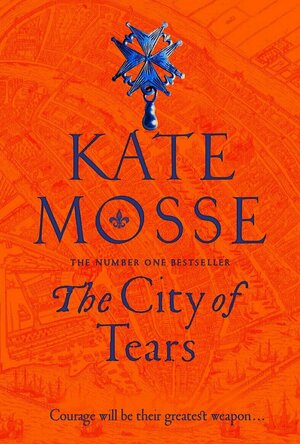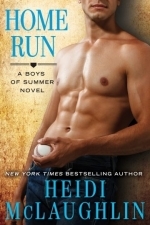Heather Cranmer (2721 KP) created a post
Mar 27, 2021
Heather Cranmer (2721 KP) created a post
Oct 7, 2020
Laura Doe (1350 KP) rated The City of Tears (The Burning Chambers #2) in Books
Jan 19, 2021
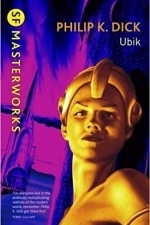
Ubik
Book
A mind-bending, classic Philip K. Dick novel about the perception of reality. Named as one of...
Science fiction
Hazel (2934 KP) rated The Four Symbols (The Black Sun Trilogy) in Books
Jun 7, 2020
I accept that this is my view and this book will certainly appeal to a lot of people ... you just have to see how many 4 and 5 star reviews this has got to prove that but it just wasn't for me.
Thank you to Hodder & Stoughton via NetGalley for my copy in return for an honest and unbiased review.

Our Summer Together
Book
OUR SUMMER TOGETHER is an uplifting story about family, friendship and the happy surprise of finding...
Women's fiction
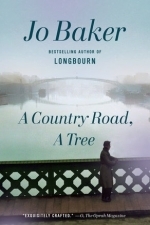
A Country Road, A Tree
Book
From the best-selling author of Longbourn, a remarkable imagining of Samuel Beckett’s wartime...
historical fiction
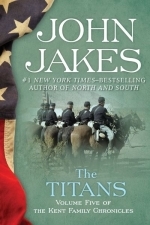
The Titans (The Kent Family Chronicles Book 5)
Book
In the hellish years of the Civil War, the Kent family faces its greatest trials yet. Louis, the...
Historical Fiction
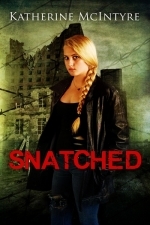
Snatched
Book
When Kara was ten, the shifters took her parents. A year ago, they took her best friend Hunter. ...
science fiction dystopian post apocalyptic young adult monsters
